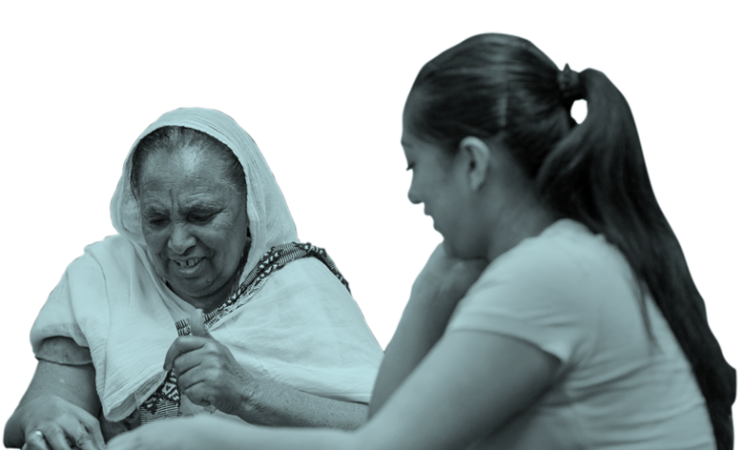Spark. Transform. Mobilize.
Promote Respect for Student Differences
The previous installment of our series about culturally responsive teaching provides ways to model high expectations for all students. As we continue to explore each of the eight competencies of culturally responsive teaching outlined in New America’s culturally responsive teaching reflection guide, we’ll next look at promoting respect for student differences. When learners face bias in school, it can negatively affect their outcomes.
Educators who promote respect for student differences have the following characteristics:
- They create welcoming and inclusive classrooms that support and celebrate learners’ various identities.
- When teachers are faced with bias, they provide strong examples for how to respond in ways that learners can emulate.
- Educators provide support and encouragement for learners to reflect on their own experiences with bias.
Educators who promote respect for student differences engage with some of the following questions through journaling and discussions with colleagues:
- How do I create a safe and welcoming space for learners of all identities?
- How do I help learners develop empathy and respect for learners who differ from them?
- How am I providing an example to learners for how to respond to bias, including racist speech?
- How am I guiding learners in standing up against bias against themselves and their peers?
This free Facing Racism Lesson Packet from The Change Agent may help you in guiding your students in reflection on racism they have experienced. Help your learners feel comfortable and grow and take steps to promote respect for student differences.
For questions or comments about this tutor tip, contact Tutor Training Coordinator, Meghan Boyle at [email protected].
References
Muniz, J. (2021). Culturally Responsive Teaching: A Reflection Guide. Washington DC; New America.


